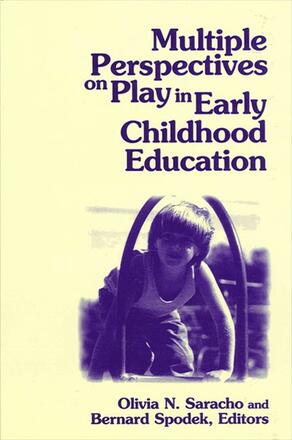
Multiple Perspectives on Play in Early Childhood Education
Alternative formats available from:
While teachers value children's play, they often do not know how to guide that play to make it more educational. This volume reflects current research in the child development and early childhood education fields.
Description
Play has been part of early childhood programs since the initial kindergarten developed by Friedreich Froebel more than one hundred and fifty years ago. While research shows that most teachers value children's play, they often do not know how to guide that play to make it more educational. Too often, in reflecting the value of child-initiated activities, teachers set the stage for children's play, observe it, but hesitate to intervene in that play. They may fear that to intervene is to create a developmentally inappropriate set of educational practices. However, the lack of intervention may limit the educational outcomes of play. Meanwhile, a large body of research exists on different forms of children's play in educational settings that could inform teachers of young children and help them to improve their practice and support more educational play. Saracho and Spodek bring together much of that research in an accessible volume for early childhood teachers and teacher educators.
Olivia N. Saracho is Professor of Curriculum and Instruction at the University of Maryland. Bernard Spodek is Professor of Early Childhood Education at the University of Illinois. Saracho and Spodek have written several books together, including Right From the Start: Teaching Children Ages Three to Eight and Dealing with Individual Differences in the Early Childhood Classroom.
Reviews
"While reading, I folded the corners of pages I wanted to reread. I found I have many pages with turned corners! The inclusion of the many different perspectives on play (social, literacy, environment, cultural, cognitive) in a single edited volume is helpful. " — Carol Vukelich, University of Delaware